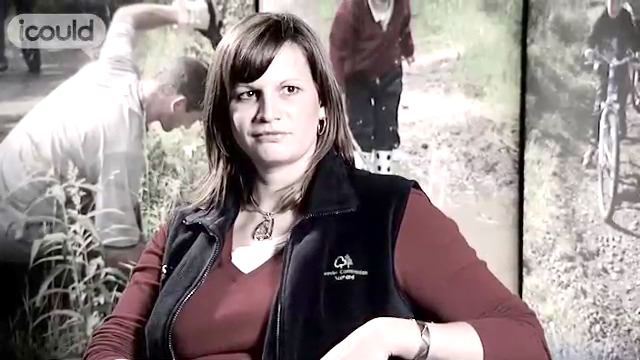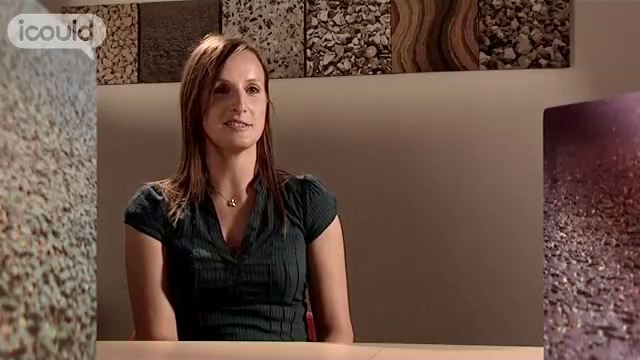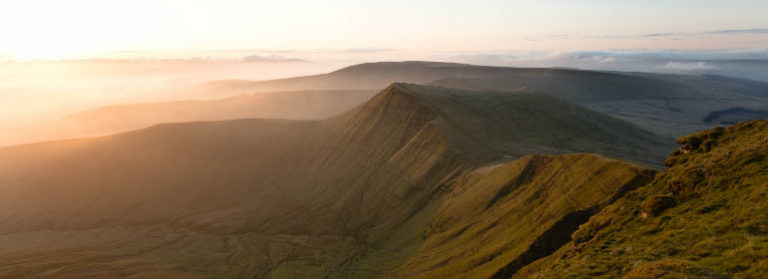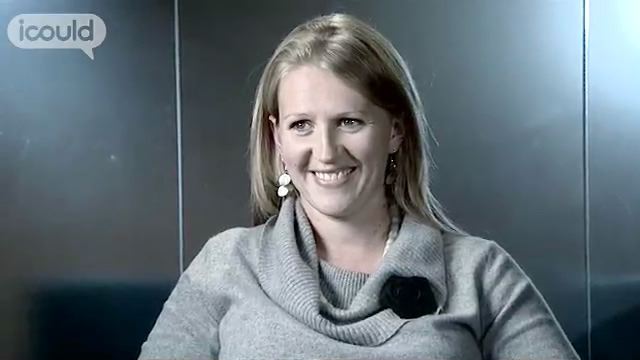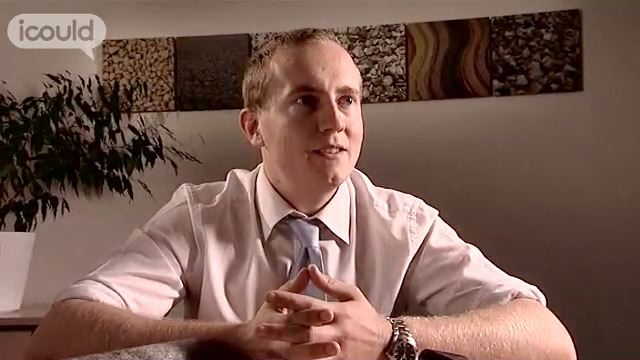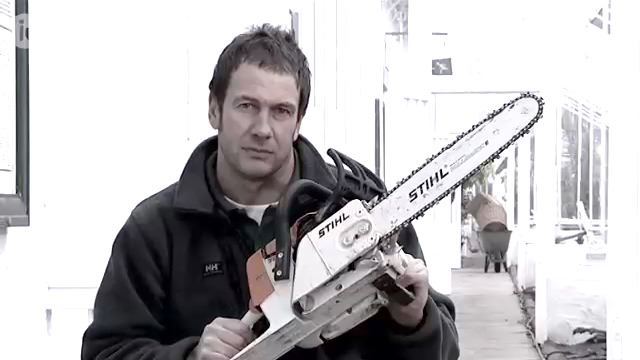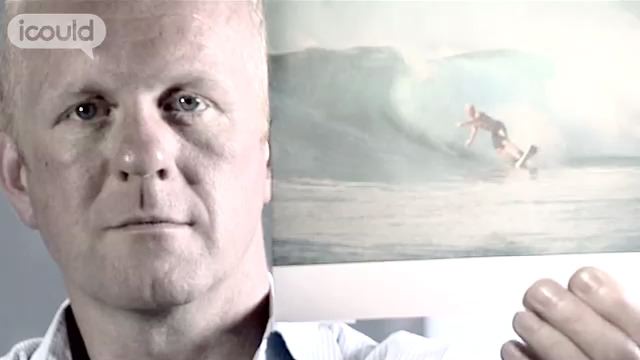Land Agent
Forestry Commission Scotland
Helen G
00:00:03 I’m Helen G. I’m a Land Agent for the Forestry Commission, which means that I manage – I manage everything apart from the trees, basically, is the easiest way to describe it. So I look after the land, leasing of the land to third parties, access rights, boundary disputes, title queries, and sort of commercial leases as well, and sort of have mineral leases. And that’s sort of – we just leave the trees up to the foresters, but we cover everything else.
00:00:40 I think when I was younger I went through being – wanting to be a vet, and sort of wanting to work with animals, as I think a lot of kids do. And then when I was at school I went through successively wanting to be a Barrister, and a sort of lawyer, and a physiotherapist, which lasted for a while. And also sort of wanting to go to Drama College as well. I mean I had a weird mish mash of A levels, simply because I did what I enjoyed and wanted to do. So I did English Literature, and Biology and Physics and Economics, so it was all sort of slightly bizarre, but I was always sort of interested in the kind of – the more sort of – sort of nature side, the sort of Biology and Geography and that sort of side of things, as well as the English and Drama.
00:01:30 My father is a Land Agent, and so I sort of grew up knowing what the career was about, and the kind of job he did. And it looked like a pretty nice job so – got to go outside lots, and to drive around and do interesting stuff. And then when it came to making my sort of career choices, I sort of thought – well what do I want to do? I want a job where I can work outside, but I’m not – I don’t want to become a farmer or vet or anything like that, so it was – I had it sort of sitting on my doorstep, and thought that’s the way I want to go.
00:02:15 Probably the biggest challenge would be getting my professional qualification. You have to have done a degree in Estate Management or similar, and then you go on to do two years of in-work assessments, reviews, reports, keep – you have to keep a diary. And at the end of the two years you get assessed, and you get your professional qualification. As far as the Forestry Commission I call myself a Land Agent because that’s my job title, but actually in the sort of wider workplace we’re known as Chartered Surveyors. So that was probably the biggest challenge, and anyone who’s been through it will tell you that it’s not a walk in the park, it is probably the most difficult thing that you ever have to do in your life – in your professional life as a Chartered Surveyor.
00:03:04 Aspirations for the future – I’d just like to continue sort of enjoying my job and what I do, and that’s probably the most important thing for me looking back. And to be able to look back and know I’ve done a good job and that everyone was sort of really happy with what I did. And I mean for the future then, there’s all sorts, I mean I’d sort of like to – I’d like to go back and experience public sector – private sector in the future. Just have a sort of – so that I can reflect more fully. And I’d like to sort of get out there and see the world a bit more, take it around. I mean I’ve got a qualification now with my professional qualification that I can take anywhere in the world. And that’s what I’d like to do hopefully
00:03:54 ENDS
Helen G is a Land Agent for the Forestry Commission. “I look after the land, leasing of the land to third parties, access rights, boundary disputes, title queries, and sort of commercial leases as well, and sort of have mineral leases. We just leave the trees up to the foresters” She says for the future “I’ve got a professional qualification… that I can take anywhere in the world”.
More information about Business and related research professionals
The UK average salary is £29,813
There are 37.5 hours in the average working week
The UK workforce is 47% female and 53% male
Future employment
- Liaises with production team to generate and develop ideas for film, television and radio programmes
- Research sources for accurate factual material, finds suitable contributors to programmes or print features and deals with any copyright issues
- Briefs presenters, scriptwriters or journalists as required via verbal or written reports
- Provides administrative support for programme development such as booking facilities
- Provides support to criminal intelligence or to military or other security operations by gathering and verifying intelligence data and sources
- Presents findings in the required format, via written reports or presentations
- Researches images for clients in a wide range of media using specialist picture libraries and archives, museums, galleries etc., or commissions new images
- Liaises with client on the appropriate image/s to be used
- Deals with copyright issues and negotiates fees
- Liaises with client to understand their market research needs, establishes an appropriate quantitative and qualitative market research methodology and prepares proposals outlining programmes of work and details of costs
- Manages and directs research, collates and interprets findings and presents results to clients
- Discusses possible changes that need to be made in terms of design, price, packaging, marketing and promotion etc. in light of market research with appropriate departments
